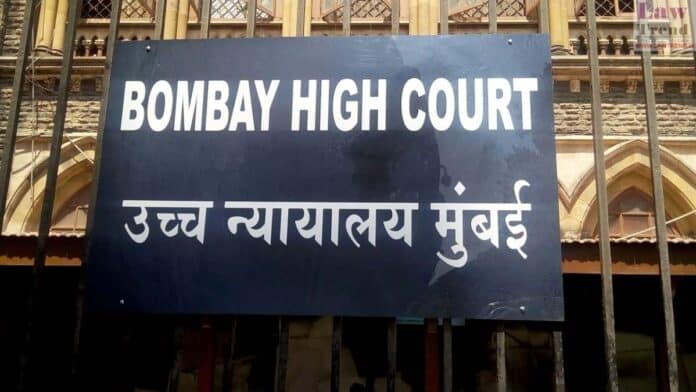The Bombay High Court has dismissed a petition filed by the founders and trustees of Lilavati Hospital, who sought the transfer of legal proceedings from the Charity Commissioner on grounds of alleged bias. The decision, articulated last month by Justice Sharmila Deshmukh, underscores that a transfer of proceedings cannot be predicated merely on apprehension or allegation of bias.
The case involves a contentious dispute among the trustees of the Lilavati Kirtilal Mehta Medical Trust, which governs the operations of Lilavati Hospital, one of Mumbai’s premier healthcare institutions. The petitioners, including trust founder Charu Mehta and trustees Rajesh Mehta and Prashant Mehta, argued that the Charity Commissioner exhibited bias against them, adversely affecting their legal standing in ongoing trust management disputes.
Justice Deshmukh, in her ruling, emphasized that the grounds for transferring judicial proceedings require more than subjective allegations or dissatisfaction with adverse rulings. “It is necessary to ensure for securing the ends of justice that a mere allegation is differentiated from an apprehension and what is required is a reasonable apprehension,” she stated, adding that an “absence of congenial atmosphere cannot be a ground for transfer.”
The court noted that earlier adverse orders issued by the Charity Commissioner against the petitioners were not indicative of a prejudged mindset and thus could not substantiate a reasonable apprehension that justice would be compromised. Furthermore, the court highlighted that transfers based on mere allegations could cast undue aspersions on the judicial conduct of officers.
Earlier in the year, the Charity Commissioner had accepted certain change reports concerning the trust and initiated an independent inquiry against the trustees, including the petitioners, while suspending them pending the inquiry, except for Charu Mehta. This move was temporarily stayed by the High Court in September, noting that the Commissioner had acted contrary to legal provisions.
The petition also claimed that the Charity Commissioner had engaged in a private meeting with lawyers from the opposing side, questioning the impartiality of the proceedings. However, the respondent trustees countered that the petitioners have a history of filing for transfer whenever faced with unfavorable decisions, all of which were previously rejected.




